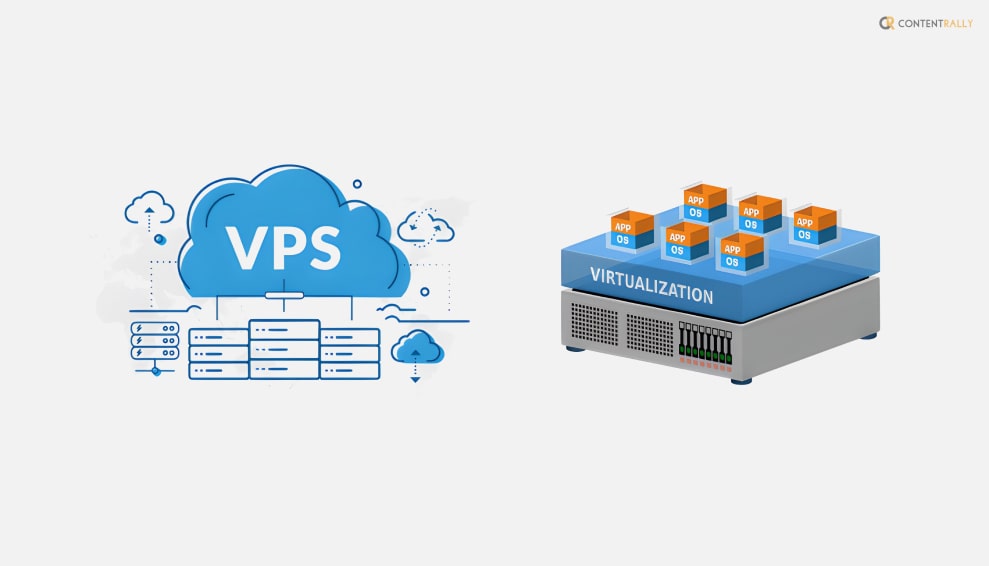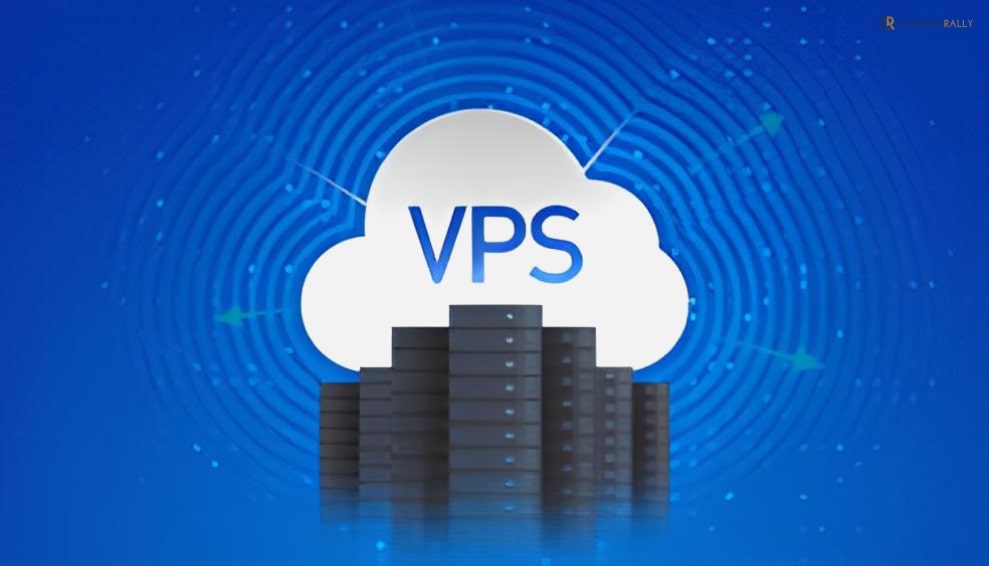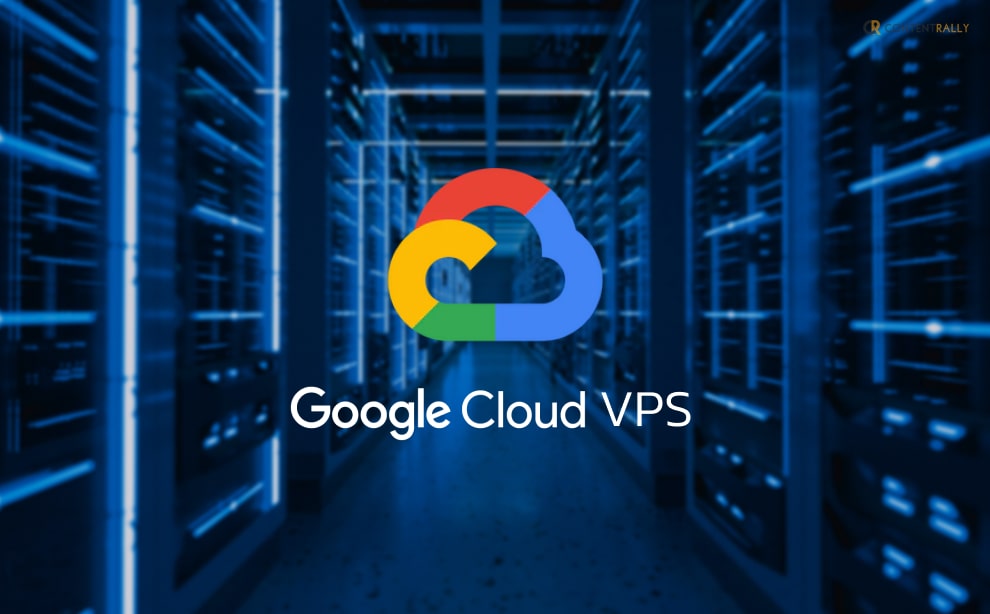Are you considering subscribing to google cloud VPS? Read the article to know more. Virtual Private Server (VPS) is installed on a physical computer and is a virtual server. The user perceives the VPS as their private server, which can run multiple operating systems.
VPS is serving an individual in the form of a virtual machine that caters to their needs. It is installed on a separate physical computer and is specifically dedicated to one user. The privacy and functionality of VPS are similar to a physical computer.
The advantage of a VPS is that multiple virtual private servers can be installed on a single physical server. Each virtual remote server runs its operating system effectively.
Google Cloud VPS: Learn About Google’s Virtual Private Server In 2023!

A Virtual Private Server (VPS) consists of a File Transfer Protocol program, Web server software, different types of application software, and a mail server program. The VPS also connects dedicated and web hosting services by filling the gap between them.
The user gets super-user privileges by the VPS in the operating system. The virtual dedicated servers can access their copy of the operating system. Users can install any software if they have a VPS because it can run all kinds of software on the operating system.
With the advancement of technology and virtualization software, companies like Google offer virtual private server hosting at a reasonable price. Users can transfer unlimited data and monitor and manage the server on a fixed bandwidth line. The companies do not monitor or manage data; hence, the user has complete privacy.
What Is Google Virtual Private Server (VPS)?

The Google Virtual Private Cloud (VPC) or (VPS) is a virtualized server that runs on the host computer. The software acts like a separate computer running large-scale systems with services such as email, databases for millions of customers, and websites.
The google cloud vps spans the globe with a single VPC operating for an entire organization. There is no downtime while the IP space is increased. The platform has “how-to guides” for users to use VPC networks.
The Network spans 37 regions; the uptime is 99.99% across 200+ territories and countries. A single VPC can cover multiple areas. Hence, the public internet is not required to communicate.
What Are The Features Of Google VPS?

The Google VPS cloud offers a range of tools such as Google Compute Engine, Google Cloud Storage, and Google App Engine. It has a free trial subscription; however, after a period, the average google cloud vps subscription pricing is $5 to $10 forever month.
The subscription cost of VPS Google Cloud also depends on the size of the account and the services it utilizes. There are many features of the Google VPC platform which help users to function and operate effectively.
Network
The configuration of the VPC Network is automatically established through the virtual topology of the users. The network policies are effectively followed. The configuration of prefix ranges of the user’s subnets is established. The CIDR ranges are also expanded without any downtime.
Flow Logs
The information is captured through Flow Logs regarding network interfaces and the IP traffic on computer engines. It helps in forensics, expense optimization, real-time security analysis, and network monitoring.
The flow logs of Google Cloud have regularly been updated, almost within 5 seconds. Due to the regular update, the flow logs are immediately visible.
Peering
There is hardly any point of failure and bandwidth bottlenecks, especially with google cloud vps peering. It helps in configuring private communication across the same and different organizations.
Bring The IPs
The Network Google can be accessed across all regions while reducing the networking infrastructure cost. If users bring their IPs, it will help them to have less downtime, and Google Cloud will advertise the brand globally.
It creates more flexibility across the world, and the resources of the company are well-advertised around the globe.
Routes
In the same Network, the google cloud platform vps establishes effective forward traffic from one instance to another without downtime. Across subnets, the shift is smooth without needing external IP addresses.
Private Access
The services provided by Google, such as analytics, machine learning, big data, and storage, can be used without using the service of a public IP address. Private access is given by Google services, where users get complete privacy.
The backend services are shielded from public endpoints, and the application’s front end is configured to access Google Cloud Services.
Packet Mirroring
The network traffic is inspected, and the troubleshooting present in the existing VPCs is resolved through application performance monitoring, compliance controls, and providing intrusion detection with packet mirroring.
Service Controls
The configuration of the private communication between on-premise deployments and cloud resources from VPC networks is scanned by enforcing a security perimeter. The data uploaded by a user is sensitive and complete privacy is maintained from the brand’s perspective.
The data processing capabilities and storage are managed with complete control given to the users.
Shared VPC
The firewalls and connectivity routes are managed effectively. It is integrated centrally and the brands’ projects through separate quotas and billing. Through a shared private network, communication is accessible.
Firewall
There is a globally distributed firewall by Google VPC across the segmentation of the networks of the organizations. It helps restrict access to instances that integrate effective VPC Firewall Rules Logging.
The firewall also helps in auditing, verifying, and analyzing the Network so that the VPC flow logs have the same responsiveness.
How Does A Google Cloud VPS Work?

Google Cloud VPS is an adequate server and host which hosts other websites. A range of tools present in the VPS effectively manages the site. The data center of Google manages the user’s network, be it individual or organization.
- The following steps are to be followed to see how a Google Cloud VPS works.
- You have to buy a domain name. It’s mainly like a domain registrar with a name.
- Then you need to sign up for a Google Cloud account. The website on Google is then hosted.
- A Google Compute Engine is set up by determining a CPU or RAM.
- Then you have to set up a LAMP web server. You then need to install all software to run the website on the VPS.
Reviews
Google Virtual Private Server (VPC) has leading and well-known brands working with them, such as McKesson, Twitter, Airbus, gojek, Deutsche Bank, and others. The reviews are highly rated as Google VPC is praised for its expertise and industry-first solutions.
Companies like AFL have partnered with Google and delivered machine learning-powered Footy Skills Lab. A web application enables training resources and football handling activities in Australia.
According to TrustRadius, Google VPC scores 8.5 out of 10 based on the reviews and ratings. The free trial option is appreciated, and users are informed that Google VPC is much better than its competitors.
Conclusion
Please read the article to learn more about Google Cloud VPS. The google cloud vps are discussed with its features and how it works.
Comment down below regarding your use of VPS.
More Resources:
- What Makes a Web Hosting Good?
- The Complete Guide To Choosing VPS Hosting
- Urban VPN – Your VPN With The Fastest Servers























